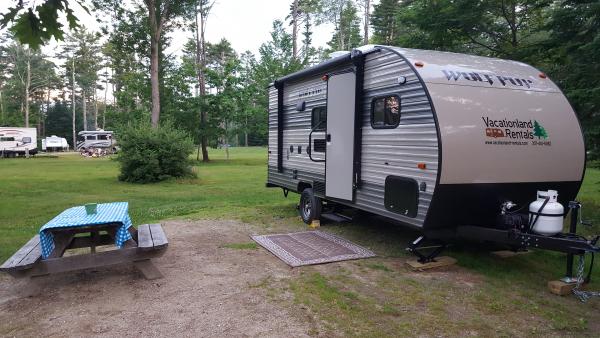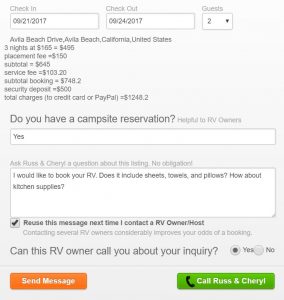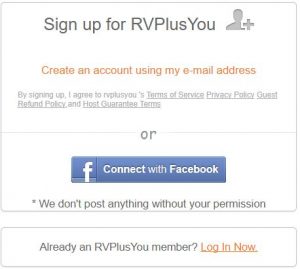While RV camping is a lot of fun, you may face unexpected events. Planning your RV trip goes beyond choosing your destination and booking your campsite. It is important to know what to do in case of an emergency on your RV camping trip. While you can never be sure of what is going to happen on your trip, you can be prepared. Creating an emergency plan will help ensure that your RV vacation is not cut short by unforeseen circumstances. Here are some tips to help you prepare for a potential emergency on your trip:
Fuel and propane
Find out ahead of time if your campground has fuel and propane for sale. If not, find out where you will need to go to fill up your RV. Additionally, always remember to fill up before embarking on your trip so that you avoid the risk of running out of gas on the way there.
Know what to expect.
Acknowledging the potential situations that could arise on your trip is the first step in creating an emergency plan. The most common types of emergencies that you might face are:
lllness
Weather
Mechanical issues
Theft
Vehicular Accident
Once you know what situations might arise, you can plan ahead for each possible emergency scenario that you may face on your RV trip. Here are some examples of what your emergency plan might look like:
In the case of extreme weather:
Do your research to find out what dangers are usual for that area. Is it forest fires? Tornadoes? Flash floods? Once you know what type of weather to expect, find out what to do in those instances.
When it comes to dealing with weather, the RV’s mobility is a major plus. While RVs are not made to withstand extreme weather, if you know what’s coming, you can move away from the storm. This is why it is important to always check the weather before your trip.
In the case of a medical emergency:
Always keep your doctor’s phone number and your insurance information on hand. Before your trip, check to see if you are covered by your insurance where you are headed. If someone gets sick, seek emergency help if necessary, then call your insurance provider to find out what to do next.
In the case of mechanical issues:
Getting your RV checked by a mechanic on a regular basis reduces the risk of your vehicle breaking down but it still can happen. Make sure to have tools on hand for smaller problems that you are able to fix yourself. Having a roadside assistance plan is also a smart idea in case you experience more serious mechanical failures while on the road.
In the case that you experience theft:
Make sure that you have your credit card company’s information available so that you can report a stolen card. Digital banking options, such as Apple Pay and PayPal, are convenient and allow you to avoid the threat of getting your cards stolen. Additionally, always keep emergency cash on hand.
Pack an emergency bag
In addition to your camping gear, it’s also a good idea to pack a bag with items that may come in handy in case of an emergency. Below are some ideas of what to bring along.
Emergency items:
Water
Nonperishable food
First aid kit
Spare parts
Tool kit
Flashlights
Batteries
Cash
Weather alert radio
Roadside assistance information
Insurance cards
Bank and credit card company contact information
Emergency contact numbers
Creating an emergency plan gives you peace of mind and ensures that you are ready for any situation that may come up during your RV vacation.










